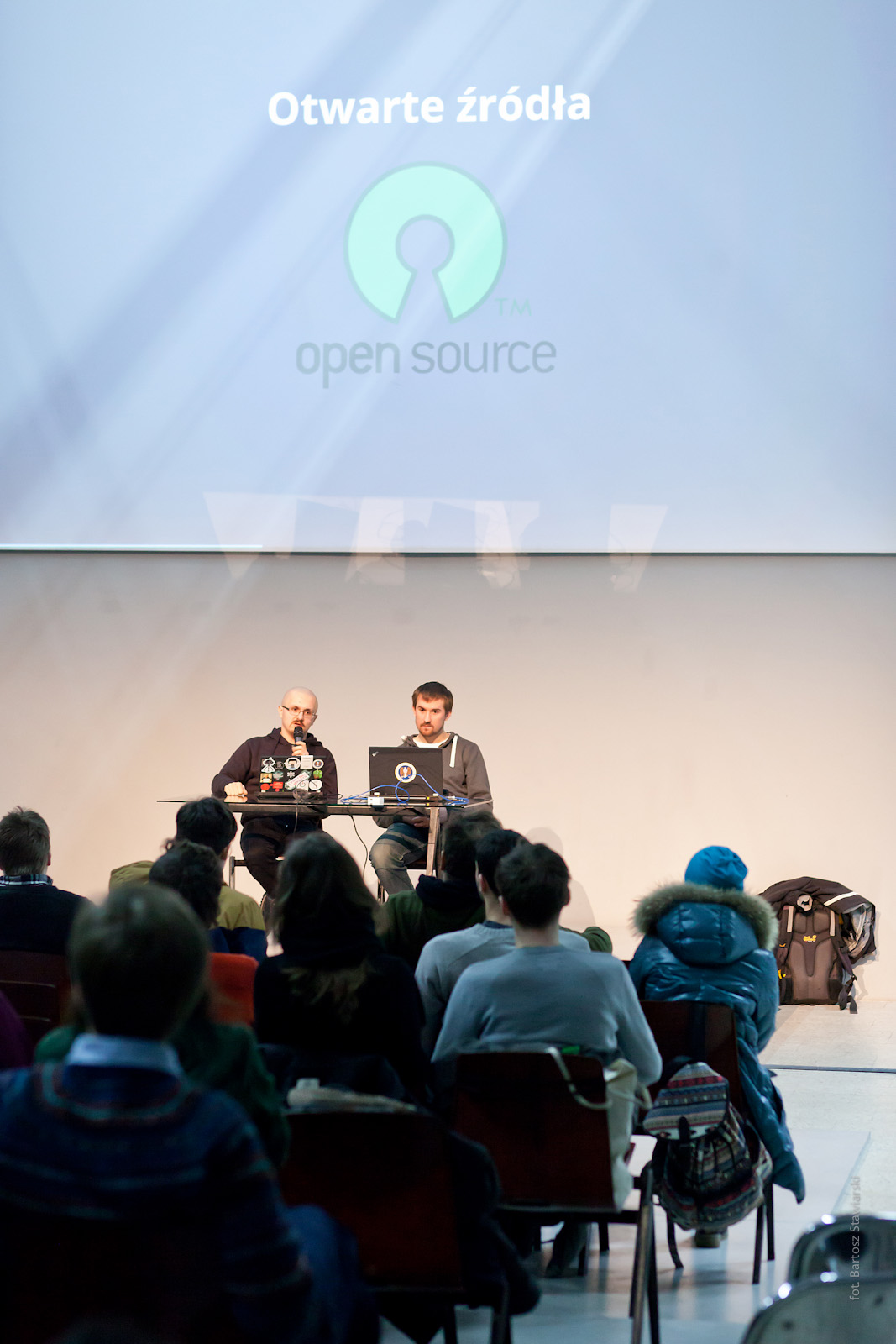Wolne i otwarte oprogramowanie w biznesie [pl]
Posted on Thu 14 January 2016 in misc
EDIT: Dla ciekawych zagadnienia ten artykuł może być dobrą kontynuacją. Nie zgadzam się ze wszystkimi jego tezami (security through obscurity nie istnieje), jest natomiast naprawdę wyczerpujący.
Artykuł ten został napisany na prośbę działu Technologii Finansowych Wprost.pl i objęty jest licencją CC-BY-SA 4.0 pozwalającą również na użycie komercyjne. Byłbym wdzięczny za poinformowanie mnie, jeżeli zostałby wykorzystany poza tym blogiem i wprost.pl.
Przeciętny użytkownik komputera nie poświęca wiele uwagi licencjom oprogramowania, jakiego używa. Jest dla niego zupełnie naturalne, że pewne - jak system Windows czy pakiet antywirusowy - powinien zakupić, inne zaś może legalnie ściągnąć z Sieci. Część z nich będzie wyświetlała reklamy, inne przy instalacji podrzucą też do systemu dodatkowy toolbar czy aplikację partnera. Jest jednak i oprogramowanie, które mimo że bezpłatne - nie posunie się do żadnej z tych rzeczy. Należy do niego większość przeglądarek internetowych - być może najważniejszych dla zwykłego użytkownika aplikacji.
Przeglądarki te - jak Mozilla Firefox czy Chromium (znana większości pod marką Google Chrome) objęte są licencjami z rodziny open source. Ich kod źródłowy jest dostępny dla każdego - co oznacza, że są one …
Continue reading



